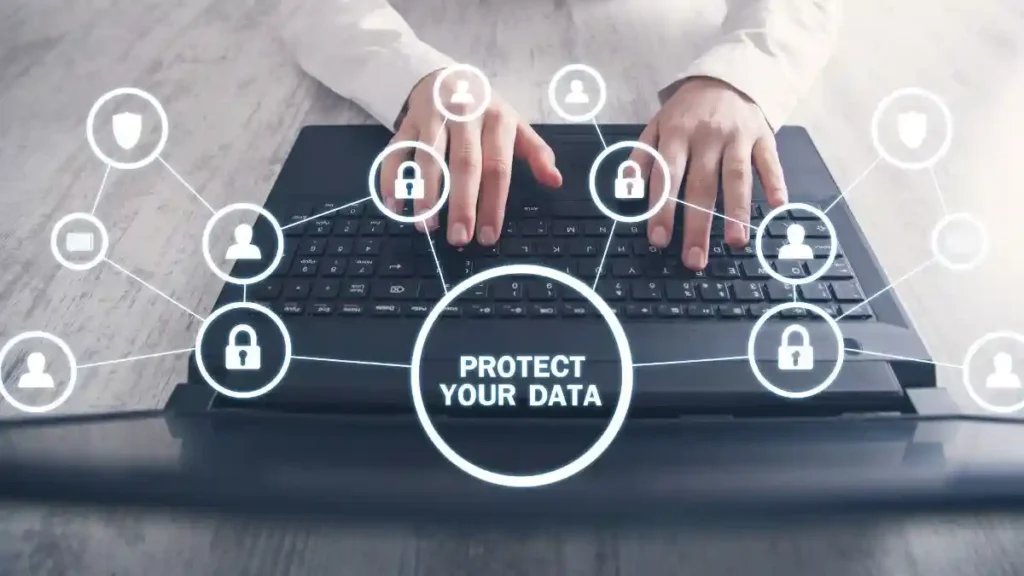There’s never been a more critical time than now to start thinking about data protection. With the increasing use of the internet and social media, more of your data is widely available than you probably think.
Even if you usually click ‘reject optional cookies’ when visiting a new website, companies can still collect various aspects of your personal data when you’re trawling the internet. Many companies choose to sell this data to third-party companies that then send spam emails to your inbox or harness further data about you without your consent or knowledge.
As scary as all of this sounds, we don’t want you to panic! There are plenty of things that you can do to protect yourself online and keep your data as private and secure as possible. Here are some of the most effective safeguarding steps you can take.
Consider Using a Data Protection Service
Because cybersecurity has become such a prominent issue in the modern day, there are now companies that offer data protection services, such as DeleteMe. You might be wondering, ‘Is DeleteMe worth it?’ and the answer is yes.
Using such companies can help to remove as much data about you as possible from the internet, meaning third-party companies can’t access it and sell it.
Although data protection services come at a cost, you can’t put a price tag on your cyber safety. In our opinion, it’s absolutely worth paying for a company like DeleteMe to contact data brokers and get your data deleted from various company databases.
Be Wary of What You Post on Social Media

Most youngsters nowadays post photos on Instagram with location tags or share all of their personal details on Facebook, including their full names, hometowns, mobile numbers, and email addresses.
However, posting personal details about yourself and your loved ones online makes this information accessible to millions of people. This puts your cybersecurity at risk and could be extremely dangerous.
It’s best to share minimal details about your personal life with your social media friends and followers to maximize your online safety. You can still post content regularly if you wish to, but avoid adding location tags or sharing your personal contact information.
Create Strong Passwords

Whether you’re using an online learning platform, logging into social media, or signing into your account on a retail store’s website, you need to use strong passwords. If you use easy-to-guess passwords, you’re almost inviting hackers to log into your account and steal your data.
It’s especially important to use strong passwords if your online account is linked to your bank or other payment methods as if a hacker gets into your online account, they can then gain access to your money as well.
To create strong passwords, make sure they are relatively long (between ten and twelve characters), with a combination of capital letters, lowercase letters, numbers, and special characters (such as !, ?, #, or @). Avoid using obvious words in your passwords, like your first or last names.
You may also read:
How To Safeguard Yourself and Your Privacy Online
AI Image Generator – 10 Best Free-to-Use Text-to-Image Generators Online










